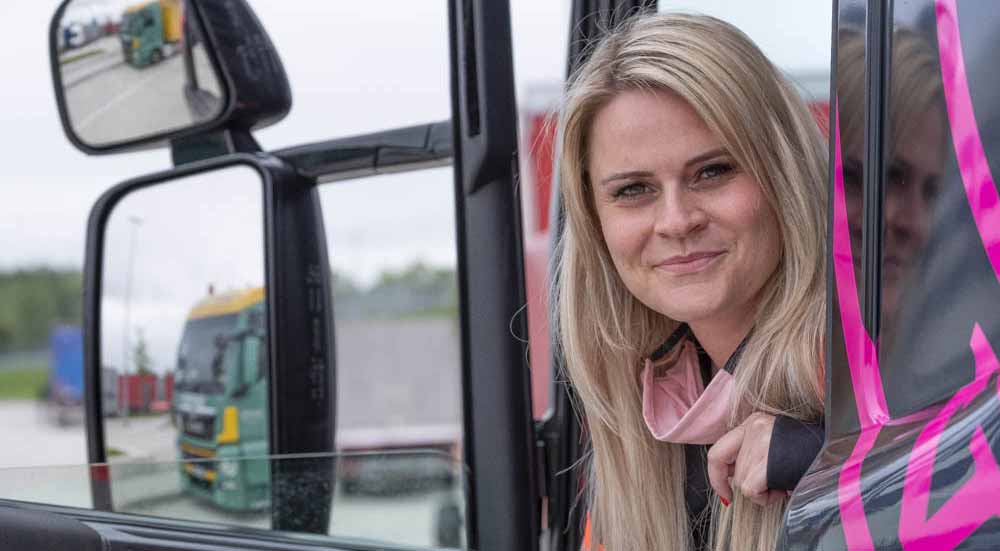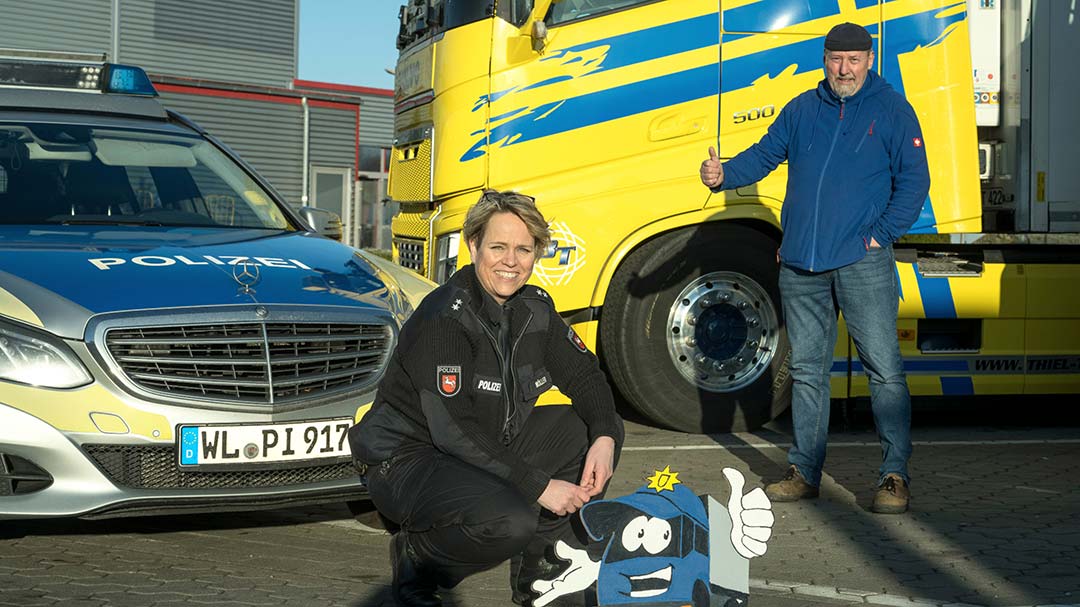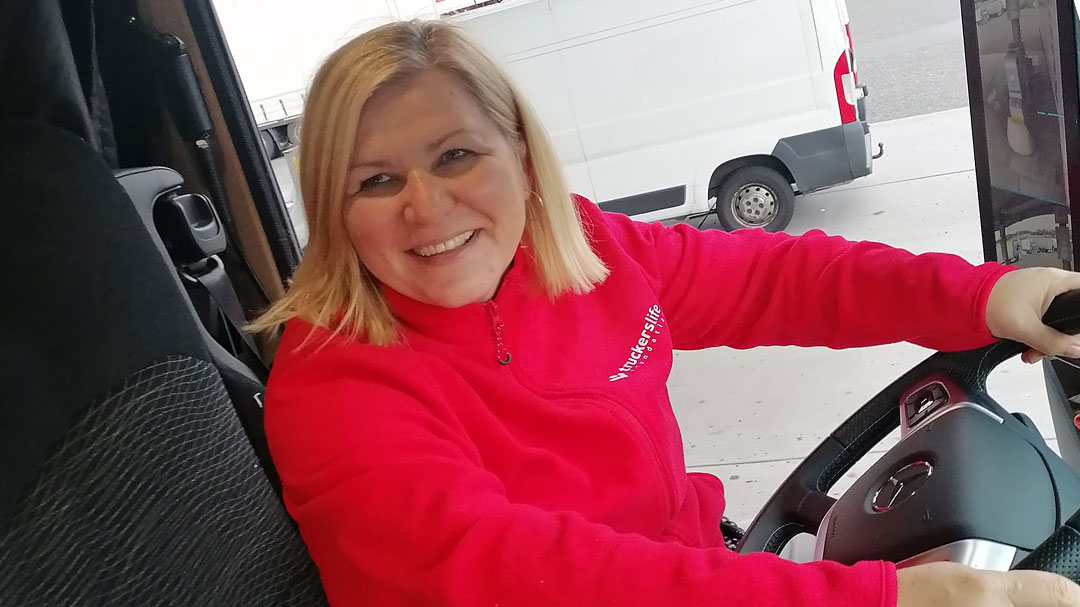Text: Juliane Gringer
Photos: Shutterstock, BGL, private
Germany already has a shortage of between 60,000 and 80,000 truck drivers. How do you still attract good people to fill vacancies? And how do you keep them? We present eight approaches from practice that could still use many supporters.
1: Provide attractive vehicles
A modern fleet should take into account the needs of the people who use it. Larger cabs, for example, are a plus especially for long distances: “Of course, such extras have financial limits, but the investment can pay off quickly – not least because the drivers usually handle such vehicles more carefully. Companies that specifically advertise with the offer to customise the trucks have a better chance with applicants.
2: Offer fair pay
But a nice truck alone does not make you full: drivers should be paid fairly. 3. 000 euros gross plus expenses should be the monthly figure, according to Paul Kramer: “That’s a fair salary. As a newcomer you might get a little less, but I wouldn’t want to go home for less than 2,000 euros net,” he says plainly. Kramer used to drive trucks himself, then he founded “Truck drivers wanted“, a job portal for drivers. He says: “Good work must be expressed in the salary.”
Even if the economic pressure is high: a haulage company that does not pay its drivers fairly has significantly worse chances of finding good staff – and thus again more economic pressure. If the budget is tight, Kramer suggests, for example, bonus programmes that reward good performance in everyday transport such as accident-free driving or high reliability and punctuality: “Both sides benefit from this.”

»The industrial estate and the hedge must not become the standard for sanitary needs.«
Prof. Dr. Dirk Engelhardt, Spokesman of the Board of the Federal Association of Road Haulage, Logistics and Disposal (BGL) e. V.
3: Support a good infrastructure
The profession loses its appeal as long as there are too few or only unkempt sanitary facilities on the road, medical care is not guaranteed in case of emergency and there is a lack of parking spaces. Around 40,000 parking spaces for trucks are lacking in Germany. “The industrial area and the hedge must not become the standard for sanitary needs,” says Dirk Engelhardt.
Good projects already exist, and freight forwarders can support them: Together with many companies from industry and logistics, for example, the industry initiative #LogistikHilft has set up shower and toilet containers during the pandemic, which drivers can use free of charge. BPW Bergische Achsen is a co-initiator and supporter of #LogistikHilft. DocStop arranges medical assistance on the road: a free hotline provides information on request about the nearest practice or clinic where there is a parking space for trucks and doctors can quickly provide assistance. SaniStop is also dedicated to the issue of sanitary facilities: haulage companies, shippers and other businesses that can provide parking spaces and access to toilets and showers can register with the initiative. There could be more approaches like this – for example, how about supermarkets releasing their parking areas for trucks at night?
4: Design your online presence professionally
5: Support foreign forces
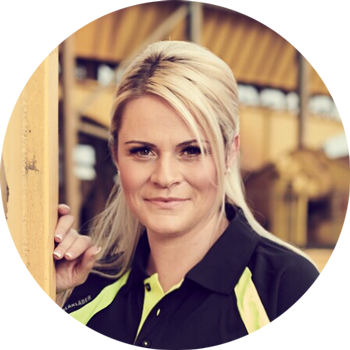
»Part-time is definitely feasible in certain areas. Unfortunately, however, many entrepreneurs do not dare to implement such models.«
Christina Scheib, BGL Ambassador
6: Get more women behind the wheel
7: Provide better support at the ramp
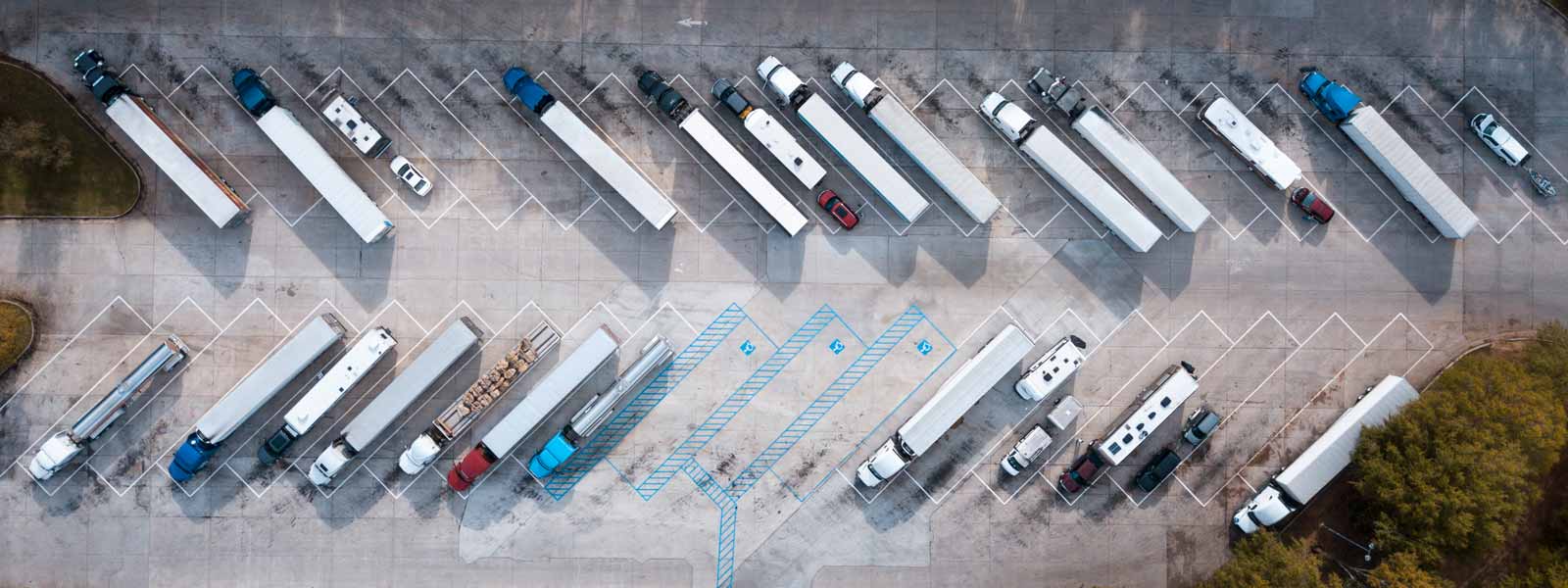
8: Retain good forces with appreciation
The German Association for Business, Transport and Logistics (BWVL) calls the people who are on the road every day “heroes of the supply chain”, making transport and logistics possible in the first place. With an initiative of the same name, it is promoting more appreciation for the profession. BWVL Managing Director Markus Olligschläger explains: “They are also among our rescuers in distress. They deserve the same respect and appreciation as, for example, female doctors, nurses, refuse collectors and the police.” PROFI, the initiative “Pro Driver Image”, also campaigns for this issue, just like for better working conditions a general upgrading of the image of logistics. BPW is one of the founding members of the association. Ralf Merkelbach, Head of Key Account Management at BPW, explains how important it is to view transport holistically: “As a company, we focus not only on the vehicles but also on all those involved, dispatchers as well as drivers. We want to improve their image and make it very clear that they are not only behind the wheel, but that they take on a variety of tasks. For us it is very important that the profession has a future. That’s why we have to clearly show what drivers do for us.

